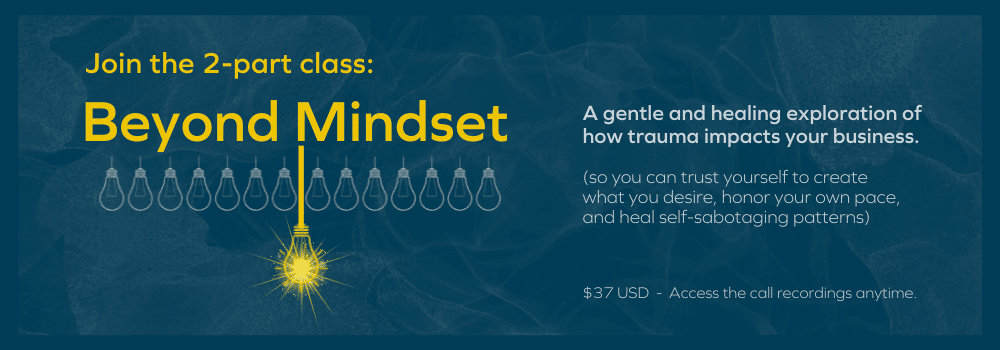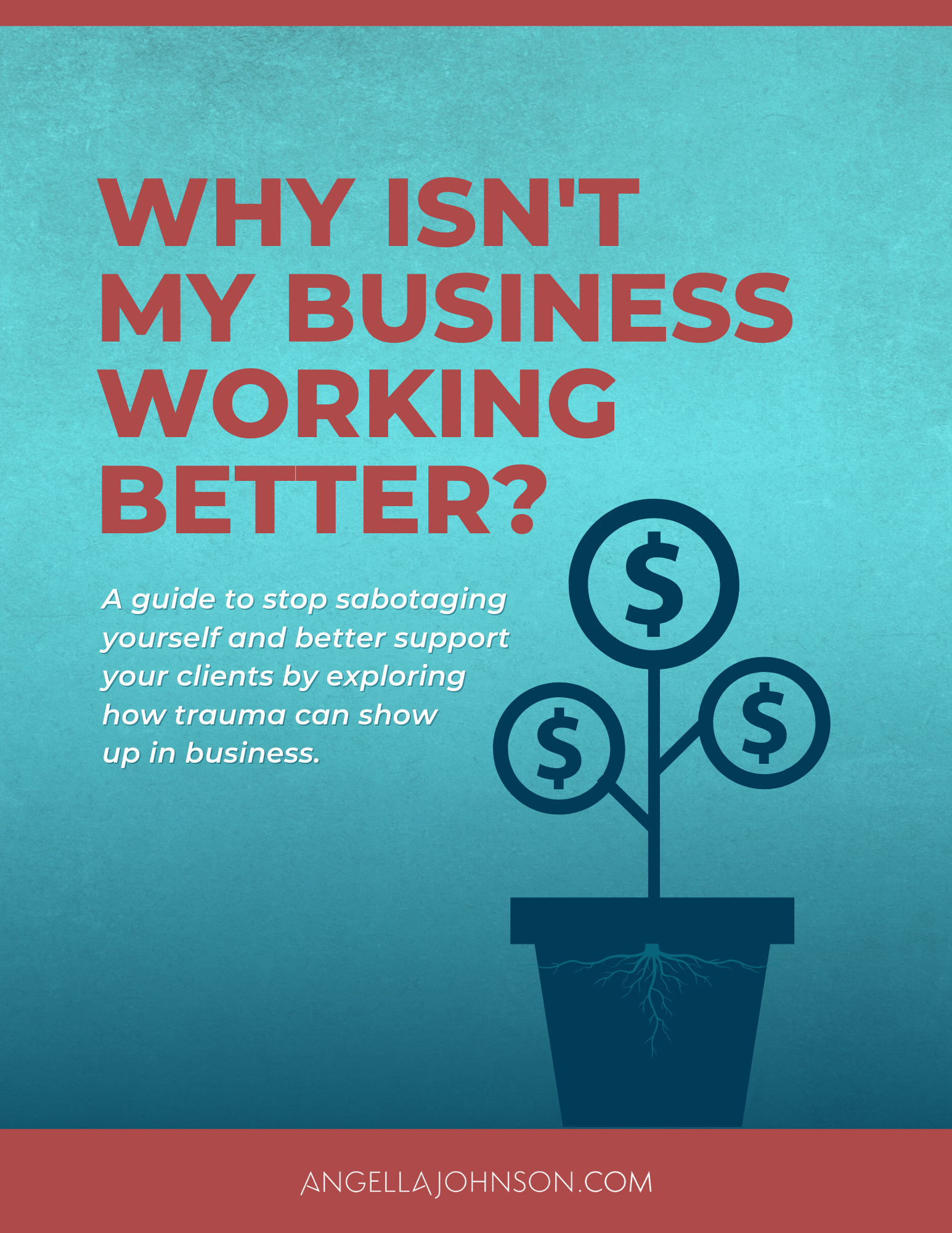I knew I had to change my relationship with procrastination when I saw that I was judging myself as being lazy, not good enough, and a fraud.
Ouch.
Maybe that sounds dramatic, but this is a common theme I see with clients and colleagues, too so I knew I wasn’t alone.
Once I got curious about this shame of self-judgment, it became a catalyst to see what’s really behind procrastination. After observing and asking lots of questions for a few years, here’s what I’ve discovered that procrastination is a signal that we either don’t care about the thing we said we would do or that our nervous system is asking for support.
This is a 3-part blog series:
You’re Here:
==> Part 1: What if Procrastination is a myth?
Part 2: 12 reasons to help you understand why you don’t do what you know you should do.
Part 3: What do we do about it.
What if procrastination doesn’t mean you’re lazy or need to push yourself?
What if there is a valid reason you’re not doing the thing, whatever the thing is?
For decades, I judged myself for being a procrastinator.
This cycle was on repeat:
⇒ Commit to more than I had the capacity to do. Wait until the last minute to do it OR apologize and renegotiate a new deadline.
⇒ Profusely beat myself up over it.
⇒ Promise myself that I’ll get my shit together. (Maybe I would even buy a new planner or project management system so I could get myself organized. Because office supplies help almost any toxic situation, right?)
⇒ Overcommit and burn the midnight oil.
⇒ Burnout.
⇒ Repeat the cycle over. And over. And over again.
Meanwhile judging myself harshly every step of the way.
Since self-judgment erodes self-trust, I thought those judgments were simply who I was ﹘ until I saw what was really going on.
This cycle was exhausting and severely deflating.
The thing that kept me going, though, was in those moments of burning the midnight oil and hustling my ass off, I got a lot done. I did a lot of brilliant things. I accomplished a lot.
I would use that adrenaline and the praise I got for doing a good job as fuel to keep doing it.
I thought this was normal. Maybe this was just my way of doing things. Maybe feeling like crap about myself because of the procrastination was just who I was. (hint, it’s not)
Can you relate?
Then a few years ago, I realized that I really despised feeling this way. The shame I was carrying over this pattern was infecting (yes, infecting) everything in my life.
It was showing up in my bank account. My confidence. And damn, that self-trust thing.
I got to the point where I didn’t fully trust myself to accomplish the things I desired to do. I had broken so many promises to myself that I didn’t know if I could really be any different.
I also know that judging the hell out of myself is the least effective way to create change so I surrendered. Perhaps I was too depleted to do it all again.
Then I got curious.
Curiosity is often the antidote to many challenges in my life. Well, actually all challenges in my life – when I stop being stubborn and instead, just get curious.
Part of this curiosity was I got honest with myself and looked at the beliefs I held about being a procrastinator. What emerged was saddening. I believed that I was lazy, unmotivated, stupid, not good enough, incompetent, and a fraud.
Whoa.
No wonder I was tired of feeling those things. It was time to explore what was REALLY underneath procrastination.
And that’s where I healed this perception of myself.
I’ve been studying this trend in myself and my clients for a few years now and here’s what I’ve discovered.
If you’re procrastinating, there are one of three simple reasons why + a whole lotta nuance, which I’ll get to in part 2 of this blog.
Here’s the simple version of why you’re not doing the thing, whatever the thing is:
- You don’t really care about the thing.
- It’s not the right time to do the thing.
- Your nervous system doesn’t feel safe to do the thing or have the result after you do the thing.
As I said, there is a whole lotta nuance with this, and we haven’t even talked about how mental health and chronic health conditions are part of this, which I’ll get to in part 2 of this blog series.
Here’s the bottom line:
Procrastination is really just a coverup of something else and if you want to change the procrastination habit, you have to look at what’s really going on.
The really good news is by looking at what’s under the label, true transformation can happen. And you can drop the judgment and have a lot more compassion for yourself and how you are accomplishing things.
Let’s talk about the nitty gritty about why we really procrastinate in part 2 of this blog series.
Resource:
If you can relate to the Trauma response as to why you’re procrastinating, check out this 2-part class for $37 USD.



